detail profile nour el hoda
Peran Yang Di Mainkan Nour El Hoda
 Tango of Yearning 1998 is the first...
Tango of Yearning 1998 is the first...Tango of Yearning 1998
Tango of Yearning (1998) is the first episode of an autobiographical trilogy on postwar Lebanon, later including Nightfall (2000) and Civil War (2002). Taking its title from Tango of Hope, a classic ballad by Nur al-Huda, the film draws from the director’s reflections on war, love, and cinema, as well as his personal experience at the public television channel TéléLiban. Conjuring various snippets of audiovisual archival material, the film is a poetic elegy to film, Beirut’s movie theaters, and a city undergoing radical transformation. Mohamed Soueid has long been a proponent of the experimental video documentary movement in Lebanon, playing a significant role in the country’s creative renaissance since the end of the civil war. Originally trained as a news videographer during the war, the experience offered him a facility with the medium, which he further developed by making non-linear documentary films with a distinctly personal take.
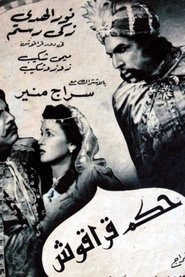 The heart of Governor Qaraqosh Zaki...
The heart of Governor Qaraqosh Zaki...Hakam Qaraqush 1953
The heart of Governor Qaraqosh (Zaki Rustom) is tied to the heart of the girl (Nour Al-Huda), a girl from the common people, so he decided to appoint her father (Siraj Munir) as prime minister so that he could marry her. (Siraj Munir) takes advantage of his ministerial position and the people’s love for him to redress grievances. And tyranny against people, and at the same time (Nour Al-Huda) relates to the love of one of the young men who decides to revolution.
 The events of the film revolve...
The events of the film revolve...Aiza atgawiz 1952
The events of the film revolve around the singer (Nour) and her great confusion between (Samir), who loves her with all his heart but does not propose marriage to her, and his rich uncle, who considers her his lover but does not decide to marry her either, but Nour’s life and her Upper Egypt customs and traditions force her to marry and not enter into marriage. In only romantic relationships without marriage, Nour meets a (lonely) singer and falls in love with him.
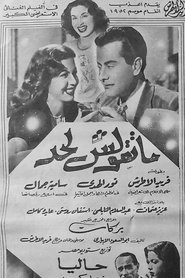 The films events revolve around the...
The films events revolve around the...Tell No One 1952
The film's events revolve around the singer Farid, who is in love with one of the dancers, who decides to travel on an artistic tour. He proposes to her to marry her after she returns from the travel, but he falls under psychological pressure that forces him to marry another girl who also works as a singer. After the dancer returns from the travel, she discovers something... Her lover's marriage, so she leaves him, but later she discovers that things are not as they seem, and that the singer's uncle loves the dancer and wants to marry her.
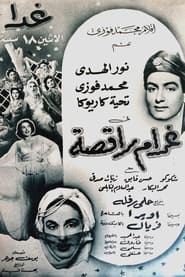 A budding singer falls in love...
A budding singer falls in love...A Dancer's Infatuation 1950
A budding singer falls in love with his colleague in the dance troupe and they agree to get married. A famous dancer joins the troupe and falls in love with the singer, but he rejects her. The dancer decides to take revenge and create a quarrel between him and his lover.
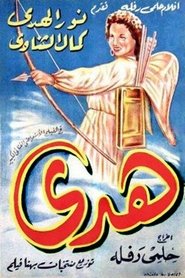 Hoda a student lives in Port...
Hoda a student lives in Port...Hoda 1949
Hoda, a student, lives in Port Said with her widowed father, Fathy Al-Mahdawi, the owner of a supply and export company. Naima, an employee in the company, tricks Fathy until he falls in love with her and marries her. Hoda objects because of the difference in class. The stepmother treats her stepdaughter badly, which prompts her to travel to her aunt in Alexandria and join the university there, where she meets the sea captain Shukry, the brother of Samira, her colleague at the college.
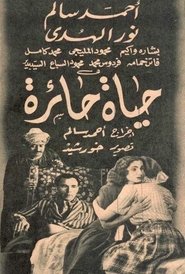 A woman is falsely imprisoned for...
A woman is falsely imprisoned for...Confused life 1948
A woman is falsely imprisoned for killing a man, she escapes and travels to Lebanon after changing her name, until she is arrested there and imprisoned for the second time, whereupon a professor of forensic psychology attempts to unmask the real criminal who killed that man .
 Lawyer Raouf meets Yasriya Hanem the...
Lawyer Raouf meets Yasriya Hanem the...I'm No Angel 1946
Lawyer Raouf meets Yasriya Hanem, the daughter of Hassan Bey Abu El-Dahab, and falls in love with her and tries to reach her. Raouf bets with his friend that Raouf will marry Yasriya. A quarrel occurs that ends with the friend's lover shooting Raouf. The sound of the bullets restores his cousin's sight and she nurses him. Raouf marries her after he is certain that his love for her is stronger than his love for Yasriya.
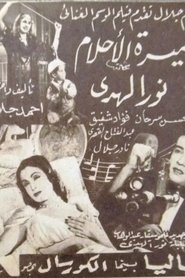 Princess Nour AlDoha Princess of the...
Princess Nour AlDoha Princess of the...Amirat Al-Ahlam 1945
Princess Nour Al-Doha, Princess of the Sultanate of Java, is a guest at one of the grand hotels in Egypt. One day, Hamida, the fruit merchant, flees to this hotel and meets the princess there, who resembles her to the point of being identical. The princess asks Hamida to replace her on official visits, and events escalate.
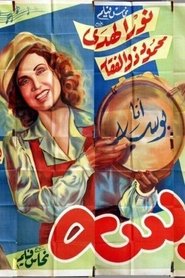 Fouzy Pasha agrees with his daughter...
Fouzy Pasha agrees with his daughter...Al-anissa Busa 1945
Fouzy Pasha agrees with his daughter that whoever marries her must choose her for her person and love for her, not for her wealth. Indeed, Fouzy Pasha pretends to be bankrupt and even chooses a modest, popular residence and wanders the streets playing the piano while his daughter sings. Love brings his daughter together with a young man from a wealthy family, and the Pasha blesses this love.
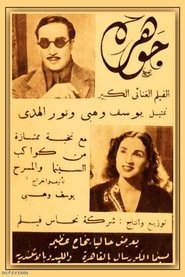 Samir became one of the most...
Samir became one of the most...Jawhara 1943
Samir became one of the most famous composers and authors of music, trying to present his best melodies to the band he loved and worked in with the actress Attiyat, with whom he was associated. However, her betrayal of him prompted him to abandon his work and life and decide to commit suicide. When he met one of the girls whose sweet voice he admired, but he thought she was in a relationship. With one of the young men.
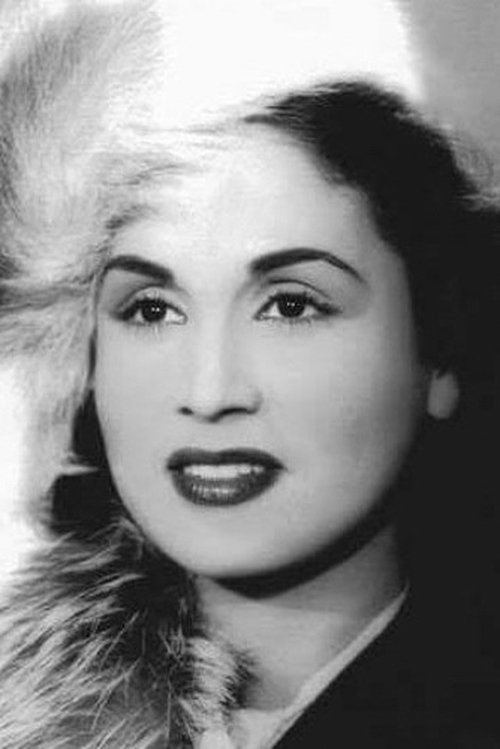
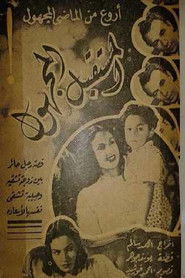
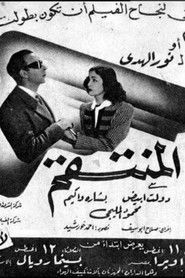 Two chemists working at the same...
Two chemists working at the same...